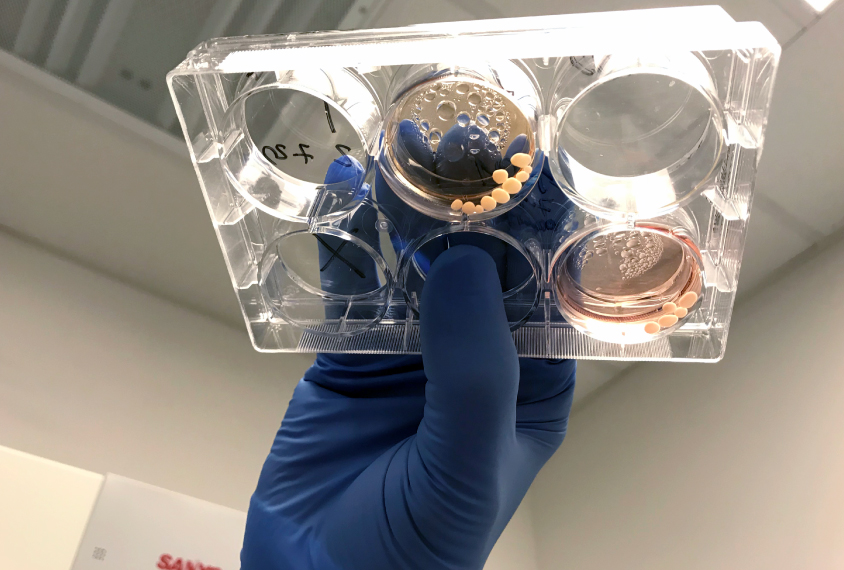U.S. nonprofits are shipping truckloads full of medical supplies, simple household cleaning items and hygiene products to help fight the spread of the Ebola virus, even as the first case is confirmed within American borders.
An organization behind a local push to stop the disease is San Diego-based Project Concern International (PCI).
“We've got to do all we can to help contain the spread of this disease, not because we’re worried about it coming to the United States, but it’s the right thing to do in Liberia,” explained Senior Vice President for Programs Janine Schooley.
PCI has a 60-member Ebola awareness team in Liberia focused on administering information, education materials and medical advice.
Pictures show West African natives with megaphones, trying to change attitudes and behavior to minimize the risk of spreading the deadly virus.
“Just staying away from bodily fluids. All those things we need to do to protect ourselves from this contagion,” said Schooley.
Liberia is one of three countries hardest hit by the virus, killing 1830 people, the World Health Organization says.
Local
On Tuesday, a Dallas hospital diagnosed the first Ebola case in the United States.
“We knew this would happen in May, and it would get this bad," said Erica Ollmann Saphire, Ph.D., a professor at the Scripps Research Institute.
Her La Jolla lab is one of 25 labs across the globe that created the experimental Ebola medicine ZMapp, which was used to treat two Americans who survived after being infected with the virus.
“We're definitely working with a keen sense of urgency, trying to understand this virus to defeat it on all steps of its life cycle," said Ollmann Saphire.
Federal money is pouring into local organizations fighting Ebola. The U.S. Department of Health and Human Services recently entered a $42 million contract with the manufacturer of ZMapp, Mapp Biopharmaceutical in Sorrento Valley.
The PCI says in the past few days, more resources and funding has been made available for Ebola programs like theirs, but they say it's hard to tell if it's related to the Texas case.



